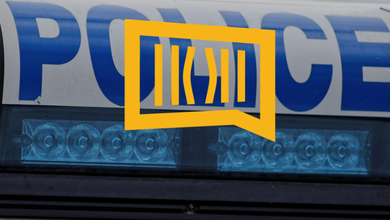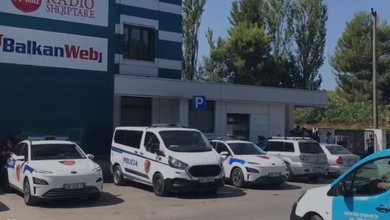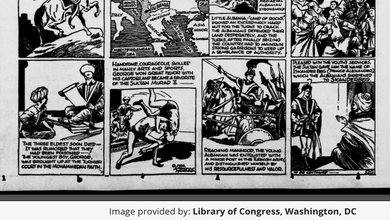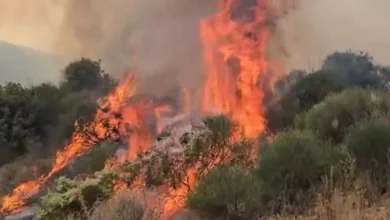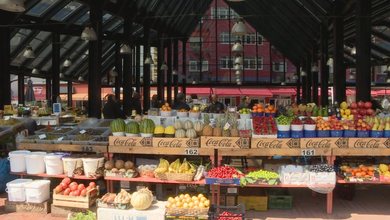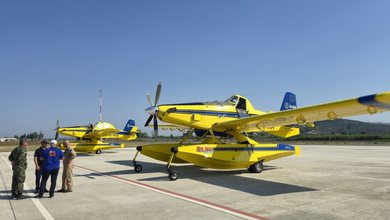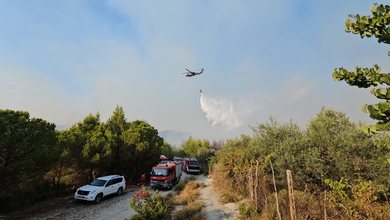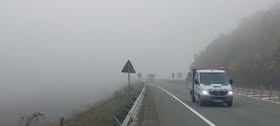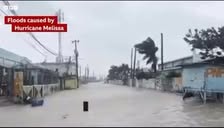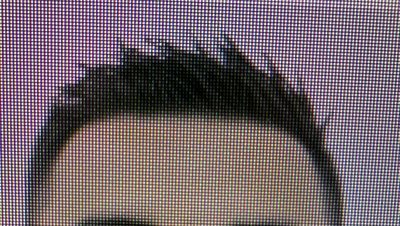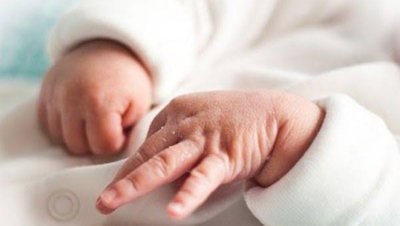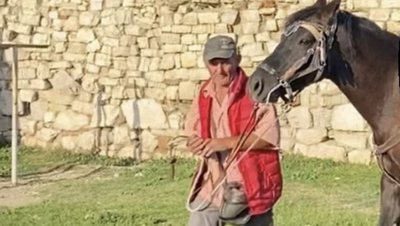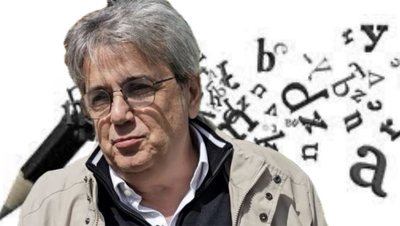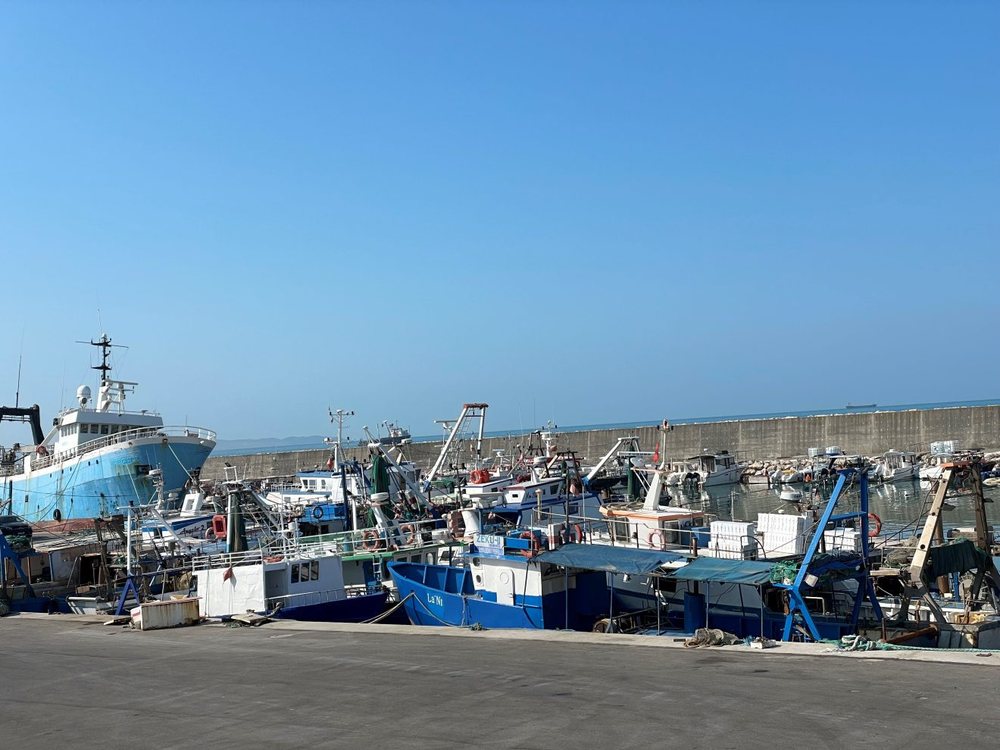
The boats at the quays of the fishing port in Durres are getting ready to put out to sea again. Even though August has begun, no one has stopped motor fishermen from going out to hunt on the Albanian coast — in stark contrast to neighboring Mediterranean countries, where the engines remain turned off.
“Italy, Croatia, Greece, Slovenia and Montenegro, each in their own way, set an example that fish stocks must be preserved and increased,” Avni Sabahu, a fisherman with around 40 years of experience, told BIRN.
Sabah has visited a good portion of the region's ports, where fishermen are funded by the state during periods of "biological closure," when going out to sea is prohibited.
"During the biological reproduction period, in the summer when the fish lay eggs, fishing is prohibited in these places. During this time, the ship's personnel carry out maintenance and repairs of the equipment, while being paid by the state," he adds.
In Albania, this policy is missing.
“The main obstacle in our country is the lack of financial compensation for fishermen during the 'biological break',” Jerina Kolitari, an assistant professor and expert in fisheries, aquaculture and the environment, told BIRN.
According to her, the “biological break” is a temporary stoppage that helps protect marine resources and guarantees sustainability in the future. “Our motorized fishing boats fish non-stop all year round, and as a result, fish stocks are declining,” she adds.
Fishing vessels being tracked by radar. Photo: Gëzim Kabashi.
Data from the Ministry of Agriculture confirms this: from 5,192 tons of fish reserves in 2021, in 2025 they have dropped to 3,860 tons.
Veliu, one of the former leaders of the Fisheries Management Organization (FMO) in Durrës who asked not to be named, said that since its establishment in 2012, this organization has regularly called for the implementation of the "biological closure", as in other countries in the region.
But, he says, the lack of funding for vessel personnel and support sectors has hampered any efforts to implement it. “The fishing sector is not funded from the state budget,” he adds.
There are about 120 fishing vessels anchored in the port of Durres, of which about 40 are inactive. In other countries, these vessels have been decommissioned through state purchase – a measure that is not implemented in Albania due to lack of funds.
Officially, fishing is prohibited in a three-mile strip from the coast all year round. The port dispatcher of Durres says that monitoring is continuous and violators are fined, but this is not enough. Fine-mesh trawls continue to destroy areas beyond the prohibited strip.
"Fish have decreased in quantity and size. Small-mesh nets also catch immature individuals," warns Kolitari.
Meanwhile, the tourism sector has also become aware of the importance of a temporary cessation of fishing during the summer.
"We understand that fish stocks must be protected and that fishermen must respect the breeding cycles of mullet, cod, cuttlefish, etc. It is a good thing for everyone," said Agron Braho, manager of a restaurant on the Durrës coastal promenade./Reporter.al


